Webflow Development
- HOME
- Webflow Development
we specialize in delivering top-tier Webflow development services designed to enhance your digital footprint. Our experienced team of developers leverages the power of Webflow to create visually stunning, highly responsive websites that not only look great but also perform seamlessly across all devices.

Custom WordPress Development Services
Agile, Functional and everything cool. What else do you need?
We understand that exceptional websites and user-friendly interfaces demand effort. Merging technical and creative aspects, we tackle complexities to provide SEO-smart, resilient WordPress Web Development Services that stand out.
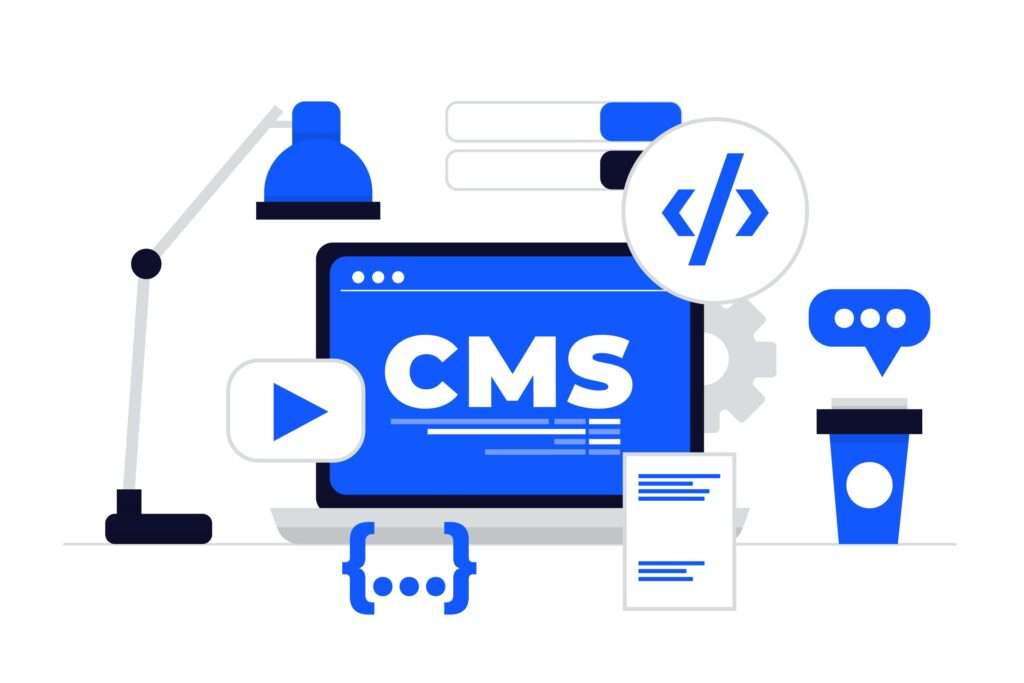
OUR EXPERTISE
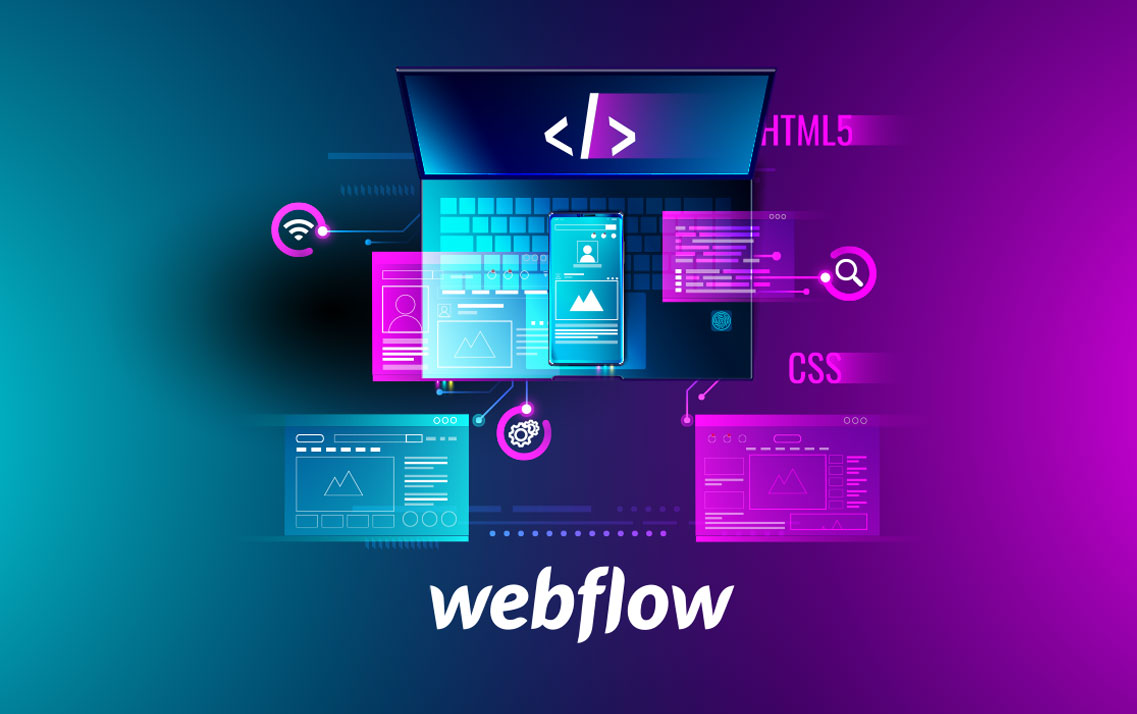
Custom website design
Our custom Webflow website designs are not only visually appealing but also user-friendly. Our experts focus on ensuring smooth navigation, clear information architecture, and a logical user interface flow, creating an optimal online experience.
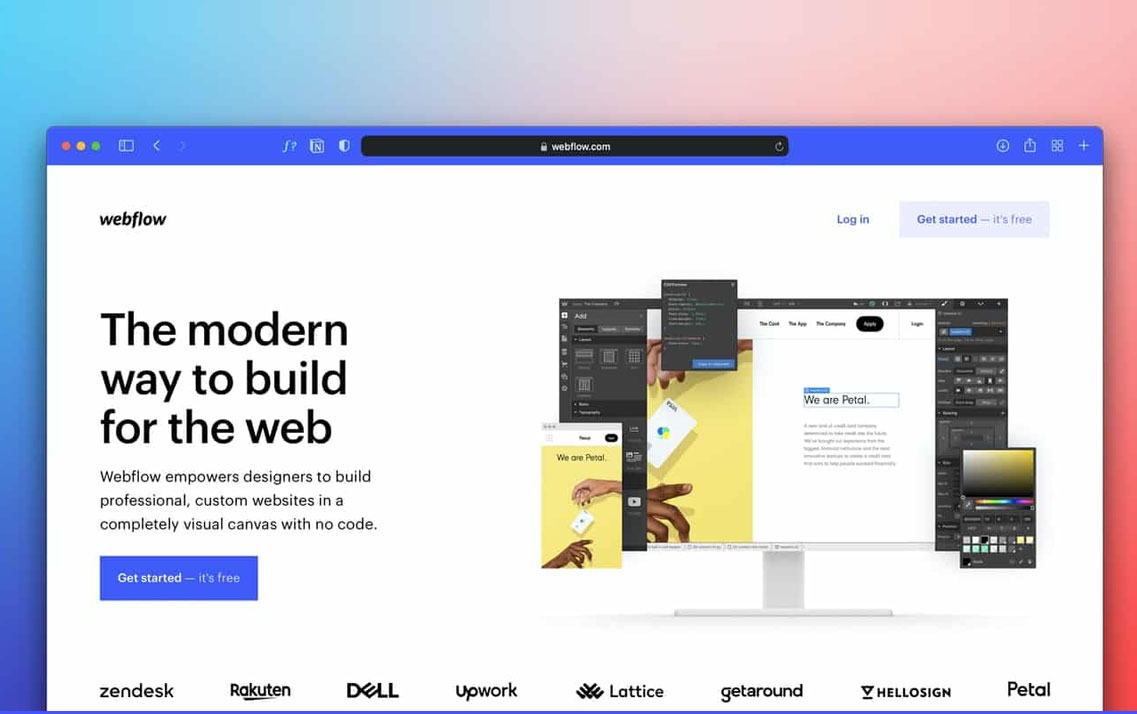
Webflow front-end development
Our developers expedite the development of a high-performing website for your business. From crafting custom interactions to optimizing responsiveness and refining design details, our expertise guarantees exceptional outcomes.

Support & integrations
We can elevate your website by integrating advanced features, and our comprehensive support through Webflow ensures your site remains secure, up-to-date, and performing at its best.
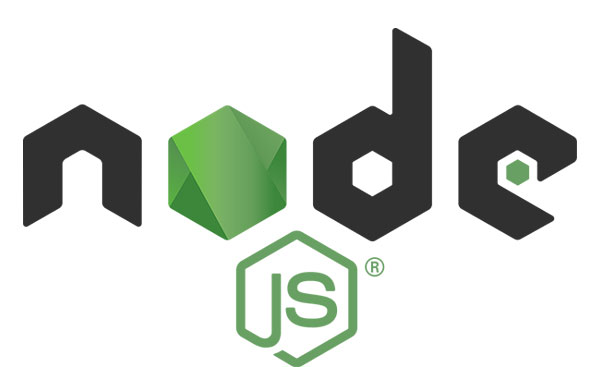









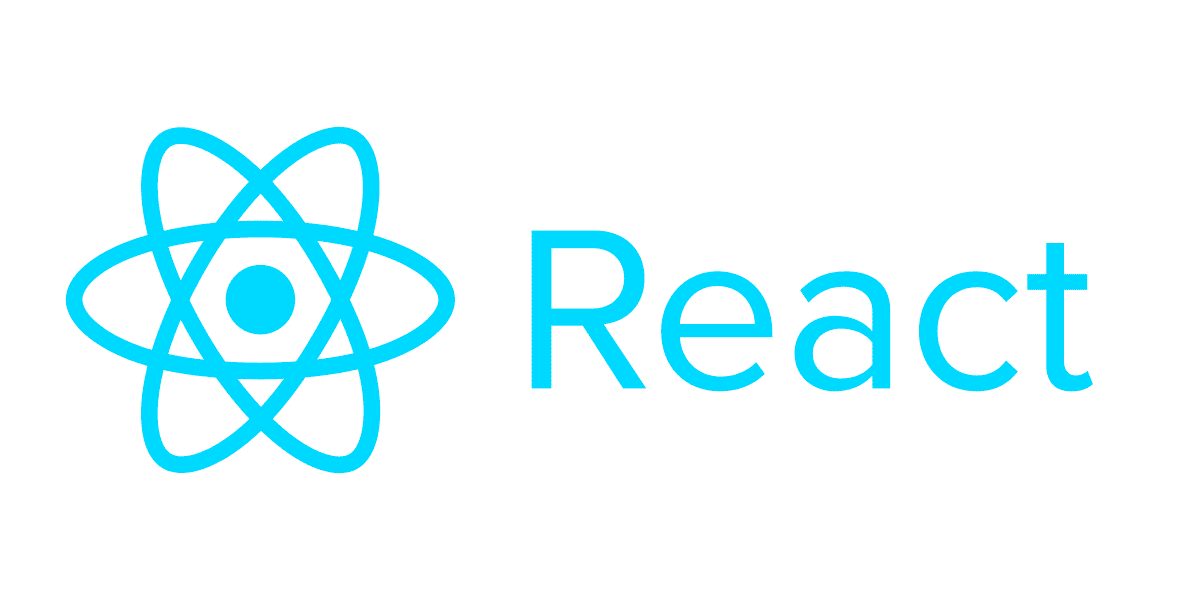



















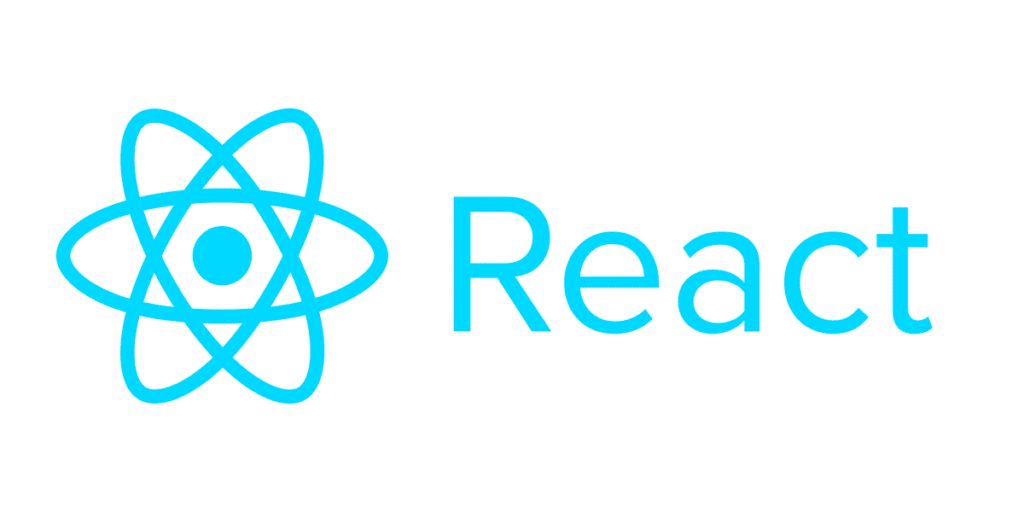
Our Teach Stack






























Frequently Asked Questions
Webflow is a platform for building and hosting websites. It features a CMS and provides in-depth functionality to help designers and users build their own custom websites.
Being a versatile tool, Webflow can be used to create various websites such as Landing pages, stores, blogs, and B2B platforms.
In short, no. With Webflow, you can build a site even if you’re unfamiliar with programming.
Yes, Webflow supports the feature set for building complex products such as Ecommerce platforms.
The main difference is that with Webflow you have complete creative freedom, unaffected by technical limitations, while WordPress is more restrictive and relies heavily on third-party plugins.

